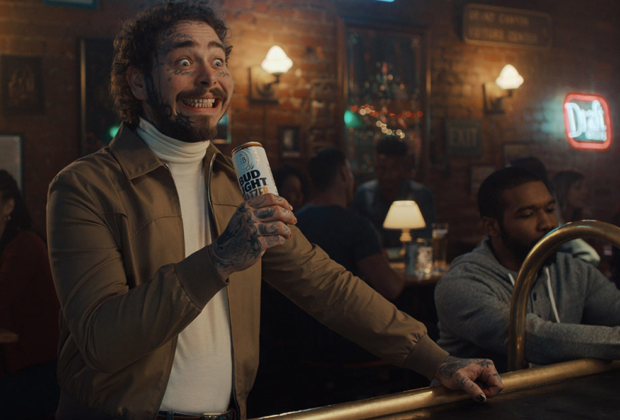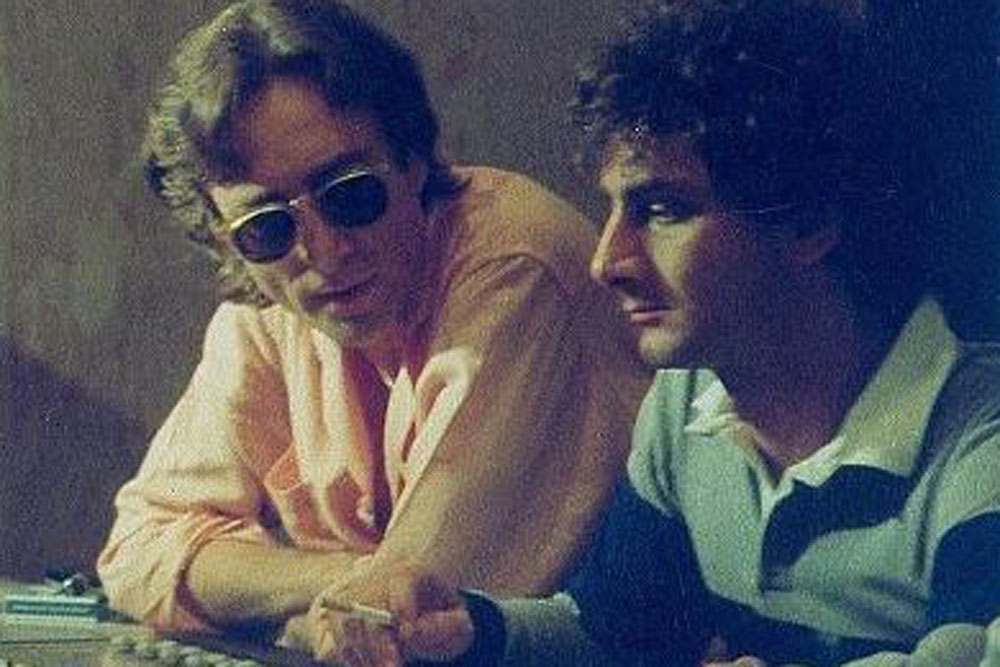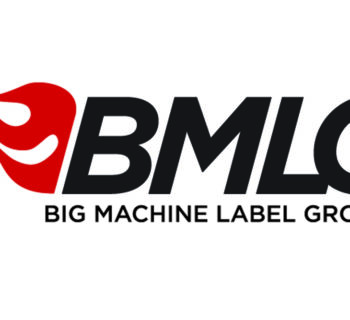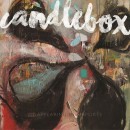In light of the transformation of the music business in recent years, with so much new content being released, it has become even harder for new artists to get noticed. Brand partnerships can help in this regard. In the current era of the Coronavirus, strategic partner- ships between brands and solo artists or bands have become even more important. In addition to the money paid to the band, the most obvious benefit is the increased exposure, such as the repeated broadcast of a TV commercial. Examples are Post Malone’s funny Super bowl TV commercial for Bud Light or DJ Khalid’s Geico commercial. It exposes the artist to potential fans they might not have reached before, thereby expanding their fan base.
It is very important that the association the band has with the brand be authentic. Otherwise, the public may view it as just the brand’s insincere attempt to use the band to their advantage and a cash grab by the band. The best chance for a brand partnership to be successful is when the artist believes in the brand and actually uses it. Examples would be Post Malone’s partnership with Crocs, which happens to be a product he really likes. Or Chance the Rapper’s association with Kit Kat. It can send a strong message to potential consumers when an artist or band authentically love the product. Some artists have even chosen to mention the name of a product in the lyrics to their music.
It is, or course, much easier for known bands to attract the interest of a brand. Obviously, from the brand’s perspective, a known band with an established fan base would command a much bigger fee. But even unknown artists can be creative and seek out brand partnerships. For instance, if an artist let it be known through social media and otherwise that they loved Trader Joe’s, that might eventually get their attention. Some brands (for instance, Apple) have strategic partnership managers to work on these deals. Getting the attention of such a manager would be a great strategy.
Another benefit of these partnerships is that the brand may have new creative ideas for the band. And a brand partnership can create more opportunities for things like touring and even increased sales of band merchandise as well as more social media traffic. Sometimes one TV commercial for a brand can lead an artist to more (or even a long- term) relationships with a brand.
Some artists have been known to object to any association between them and a brand. For instance, some artists might not want to be associated with alcohol, marijuana or tobacco products. The Rolling Stones, among others, have complained about their music being used in a political campaign without their permission.
If you are an up-and-coming band, don’t assume you have no chance for a partnership with a brand. Be creative and tenacious.
GLENN LITWAK is a veteran entertainment attorney based in Santa Monica, CA. He has represented platinum-selling recording artists, Grammy-winning music producers, hit songwriters, management and production companies, music publishers and independent record labels. Glenn is also a frequent speaker at music industry conferences around the country, such as South by Southwest and the Billboard Music in Film and TV Conference. Email Litwak at [email protected] or visit glennlitwak.com.
This article is a very brief overview of the subject matter and does not constitute legal advice.












